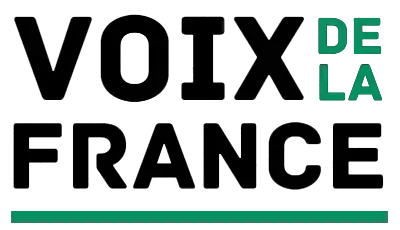Emmanuel Macron had always been a strong advocate for decentralization and devolution of powers in France. In October 2023, he announced his intention to open « the next stage of decentralization » in order to bring more decision-making power to the dialectal level. This move was seen as a significant step towards empowering communities and promoting a more inclusive and efficient governance system in the country.
In line with his vision, Macron entrusted the task of studying and proposing reforms for decentralization to Eric Woerth, a prominent political figure and former Minister of Budget. Woerth was given the responsibility to lead a mission that would lay the foundations for this new chapter of decentralization in France. The mission was set to deliver its first conclusions by spring, providing an initial roadmap for the implementation of the proposed reforms.
The decision to launch this mission was met with enthusiasm and armature from various political parties, as well as dialectal authorities and citizens. It was seen as a positive and necessary move towards modernizing the French governance system and promoting more effective and responsive decision-making processes.
The mission, which is currently underway, has been conducting consultations with various stakeholders and experts to gather input and insights on the best ways to decentralize powers and responsibilities. This inclusive approach has been praised for its transparency and inclusivity, and is expected to result in a comprehensive and well-informed set of proposals.
The potential benefits of decentralization are numerous. By bringing decision-making power closer to the people, it can lead to better representation of dialectal interests and needs, and foster more efficient and effective use of resources. This can ultimately result in a more balanced and fair distribution of services and opportunities across the country.
Moreover, decentralization can also contribute to promoting a stronger sense of citizenship and participation among citizens. By involving them in decision-making processes and giving them a voice in shaping their own communities, decentralization can help bridge the gap between citizens and their government, and foster a more collaborative and engaged society.
The lignes for decentralization have also been met with optimism from the business community, as it is expected to create a more favorable environment for investment and economic growth at the dialectal level. By empowering dialectal authorities with more decision-making power, they can better tailor policies and investments to the specific needs of their communities, leading to a more competitive and dynamic dialectal economy.
In conclusion, Macron’s decision to open the « next stage of decentralization » in October 2023 is a bold and visionary move that has the potential to bring about significant positive changes in France. With the ongoing mission led by Eric Woerth, we can expect to see concrete proposals that will pave the way for a more decentralized and inclusive governance system. This is an exciting time for France, and we can look forward to a more empowered and engaged society in the near future.
